Hair loss is a distressing symptom of polycystic ovary syndrome (PCOS) and a hot topic on myPCOSteam and it can be emotionally draining. According to a 2017 study, up to 30% of women with PCOS suffer from significant hair loss and thinning.
The presence of high levels of male hormones androgens, such as testosterone, in women with PCOS, can cause masculine features like excessive facial and body hair or hair loss and thinness on the head. Hair loss related to Hashimoto’s thyroiditis, an autoimmune disease that happens three times more often in women with PCOS, is also a possibility. Obesity, insulin resistance, and type 2 diabetes – all of which are linked to PCOS – can contribute to baldness.
Hair loss can be caused by a variety of things, including prescription drugs, nutritional shortages, illnesses, infections, and stress. Your doctor may check your iron, vitamin D, and thyroid levels in order to rule out or treat other problems that might be affecting your hair if you’re experiencing thinning or loss.
Contents
How To Stop PCOS Hair Loss?
Unfortunately, there are currently no medications available for PCOS-related hair loss. Traditional over-the-counter treatments, such as special shampoos, hair treatments, and vitamins for the skin, hair, and nails, are all worth a try. If conventional methods fail to work, a hairstylist or health care professional may be able to suggest other alternatives.
The problem of PCOS-related hair loss demands a comprehensive approach, both externally through proper hair care and internally through diet and exercise, as well as consulting a medical practitioner about the potential use of drugs.
It might take six months to a year for you to notice the effects of your hair treatment. Medication should be taken on a daily basis, and hair care procedures should be performed on a regular basis. It’s also vital to remember that if hair thinning is caused by hormone imbalances, regaining hair health may be achievable by bringing hormone levels back into balance. A healthy diet rich in vitamins or supplements from a health care provider might assist improve hair health as well.
Nuts, legumes, mushrooms, and eggs, as well as vitamins A, found in carrots, B available in shellfish, cheese, bananas, and tomatoes, E present in oats, and F, obtained from fatty fish are all beneficial to one’s health. Iron deficiency is a major cause of hair loss for men and women with PCOS. Eating meals that contain iron or taking iron supplements can help increase iron levels.
Hair development is also influenced by zinc, selenium, silicon, biotin vitamin B7, and choline Vitamin B4. Simple tests can show how much of these nutrients are present in the body. Minor shortages are simple to correct with dietary modifications. Zinc, beans, and broccoli are high in selenium; rice contains silica; peanuts and liver have biotin; eggs and fish contain choline,
Choosing the proper hair products is also crucial for healthy hair development. Haircare items should be free of wax and mineral oils, which can build a film on the scalp and hinder sebum production. Hydrolyzed protein keratin and collagen and B vitamin-rich products might help your hair.
Home Remedies For PCOS and Hair Loss
There are several home cures for hair loss caused by PCOS. Using moisturizing shampoos and conditioners on damaged or color-treated hair can aid in the maintenance of healthy locks. Shampoos created to promote new hair growth and protect thinning hair may help encourage new hair growth and protect it.
Hair-care products, such as conditioners and sprays, that are used on relaxed hair may produce undesirable outcomes. For example, hair masks that use harsh chemicals or hot oil treatments can do damage to the hair after repeated usage. Other home remedies include using natural bristle brushes that are gentler and softer on hair than conventional synthetic bristles and employing a pick on the hair before brushing to avoid pulling too much and causing breakage. Avoiding tight hairstyles like ponytails or buns that put extra strain on the strands is also a good idea.
Medical Treatments For PCOS and Hair Loss
PCOS and hair loss are treatable with medical therapies. Oral contraceptives, antiandrogens, or a prescription-strength medicated shampoo may be given to help manage hair loss and scalp problems like dryness and dandruff.
Metformin can help control insulin levels and, as a result, help reduce weight. Because of this medication’s ability to assist with weight reduction, it may improve hormonal balance and hair loss in people with PCOS.
Is Biotin Good For PCOS?
Biotin is often used for hair loss but has not been well researched.
The recommended dose of biotin for PCOS is 30-100 mg, taken daily or before exercise. It should be remembered that biotin supplements are very different from the dietary sources mentioned earlier, so excessive consumption may lead to health problems. Adding more protein to the future diet can also help people with PCOS feel better by balancing hormonal levels and stop the mood swings that come with being low on B12 or iron. Spreading foods into four meals rather than just two will also balance hormones and regulate blood sugar.
What Vitamin Is Good For PCOS?
Vitamin B12 is the only one that has been well-studied for PCOS and it should be supplemented in doses between 1000 µg and 2000 µg.
In terms of diet, try to have a multivitamin every day with at least 20% of Vitamin C, 15% Folate, 400 IU Vitamin D3, 100 IU Vitamin E, and 25 mg Copper. Diet will also reduce inflammation by being low GI. You may want to add more protein to your diet which will balance hormonal levels if needed while also stopping mood swings that come from being low on B³ or iron. It’ll also protect hair from breakage when styling because it can make hair soft and smooth without losing any elasticity.
Vitamin C is important for new developments in the body including the formation of collagen. It has been found to help with weight loss, especially around the stomach area which can have a high concentration of fat cells. This vitamin will also keep skin clear and glowing.
Folate has been shown to reduce depression because it regulates certain chemical messengers in the body that is known to increase or decrease mood. Foods high in folate include beets, spinach, asparagus, peas, lettuce, and broccoli. This type of diet will also help with hair loss because it can reduce inflammation by being low GI.
Iron is one of the most important minerals for our bodies because it creates red blood cells. In women, if their iron stores are too low it can trigger the body to make more thyroid hormone. This will increase estrogen levels which will reduce testosterone and contribute to PCOS. There are many foods that contain a decent amount of iron such as spinach, turnip greens, lentils, and raisins.
Vitamin D is essential during pregnancy because it helps with the development of the baby’s bones and teeth. It also strengthens the immune system, which is very important for women with PCOS who are more likely to get sick than women without this condition.
Vitamin E is a powerful antioxidant that reduces inflammation, protects DNA from damage, and may even reduce cancer risk. Peanuts and sunflower seeds are high in Vitamin E.
Copper is an important trace mineral that helps with the formation of melanin, which gives hair its color. Women with PCOS will benefit from this vitamin by keeping their hair healthy and shiny. Oysters, beef liver, and cocoa powder are all great sources of copper.
Can You Reverse PCOS Hair Loss?
Unfortunately, there is no cure for PCOS, but there are ways to prevent hair loss. One way is by following the above guidelines of diet modification and vitamin supplementation. Blood tests can also be done at least once per year to check your thyroid hormone levels which greatly influences hair fall in people with PCOS due to its impact on estrogen levels. The doctor may also recommend biotin supplementation which has been shown to increase hair strength and thickness.
People with PCOS should not take anabolic steroids or other drugs that contain testosterone because it will worsen hair loss over time. Physical activity such as walking, swimming, and biking can help promote circulation and blood flow in the body making side effects of PCOS less severe and reducing stress and anxiety. Since hair is so closely linked with overall health, women suffering from fertility problems due to PCOS should consult a physician about dietary changes, exercise plans, hormone replacement therapy, supplements, etc.
Don’t worry too much about your present condition just yet since you didn’t lose all your hair but rather thinned out you’re only at the beginning stages of this. The important thing that you should do right now first accepts the fact that this is a real hormonal disease called PCOS and it’s actually very common amongst women who are experiencing problems with conceiving children.
Although there’s nothing much you can do about the condition right now as for as your hair loss goes, there are steps you can make to try to save whatever little hair you have left on your head from falling out entirely or continuing thinning so they look lush and flourish instead of looking like brittle straws. A good place to start would be by allowing yourself some time to come to terms with what has happened – give yourself at least six months before doing anything else, after all, this isn’t something easily dealt with since it takes some time before an actual diagnosis is made.
Once you’ve accepted the condition for what it is and how it can be dealt with in reality, your next step would be to make a visit to the doctor and schedule yourself for some blood tests that will measure your hormone levels. You can find out if you’re low on any of the major hormones that cause PCOS by simply taking this test.
Why Does PCOS Cause Hair Loss?
Hair loss in the form of hair thinning is, for many women with PCOS, a common side effect. The reason this happens whether it’s at the crown or elsewhere on your head is that hormones imbalance causes insulin resistance. In turn, higher levels of insulin make it more difficult for an individual to metabolize sugar and carbohydrates properly. This increases sugars levels in the bloodstream and can cause breakage from vascular damage felt by neighboring cells as well as extreme stress from inflammation on follicles’ outer layers causing edges to become damaged over time from exposure to cortisol and other endocrine molecules that signal a rush of blood flow into surrounding areas within the body.
Also, the types of progesterone found in birth control pills are known to produce hair loss for this reason.
Insulin-resistant PCOS sufferers tend to have high levels of insulin due to glucose intolerance caused by elevated testosterone levels which is why women with facial hair have a tough time dealing with female pattern baldness. They also tend to have high levels of cortisol from the stress that goes with the condition which is why hair loss doesn’t usually occur until a woman’s late 20s or early thirties when PCOS symptoms start manifesting themselves.
Insulin resistance in women with PCOS is a major cause of severe cases of hair thinning and baldness where individuals lose their hair in patches that are more noticeable on the crown portion of the head. This type of baldness is called Androgenic Alopecia and is caused by elevated levels of testosterone circulating through your blood being converted into Dihydrotestosterone (DHT) via an enzyme called 5-alpha reductase.
Read More About:
The Best Supplements for PCOS: Do They Work?
How much biotin should I take in a day?
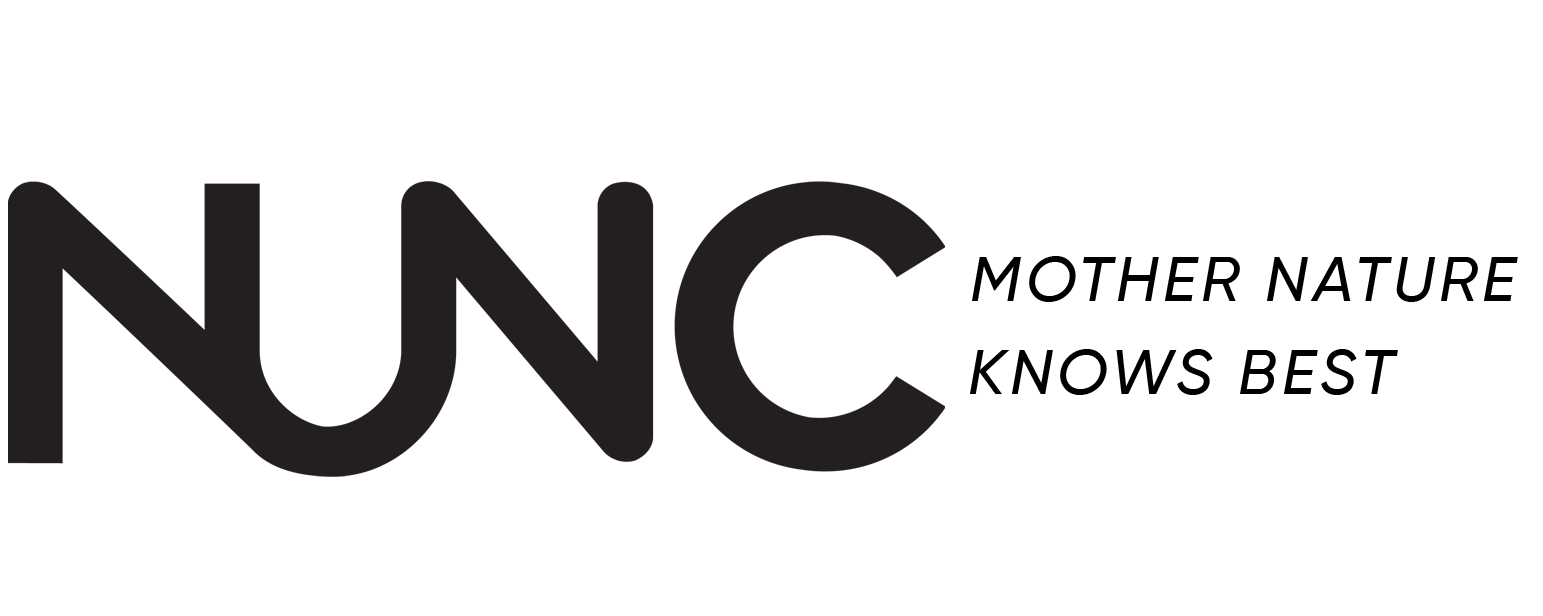
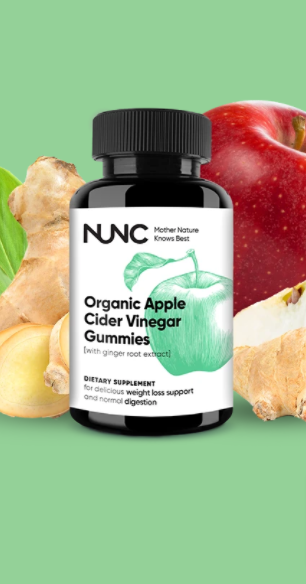



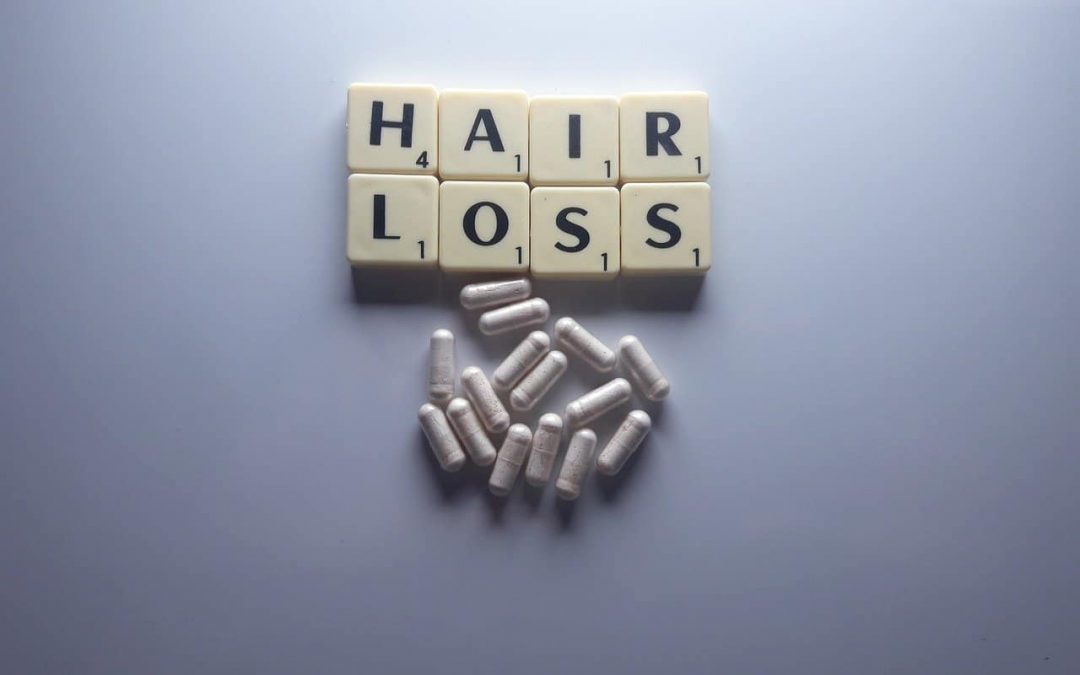
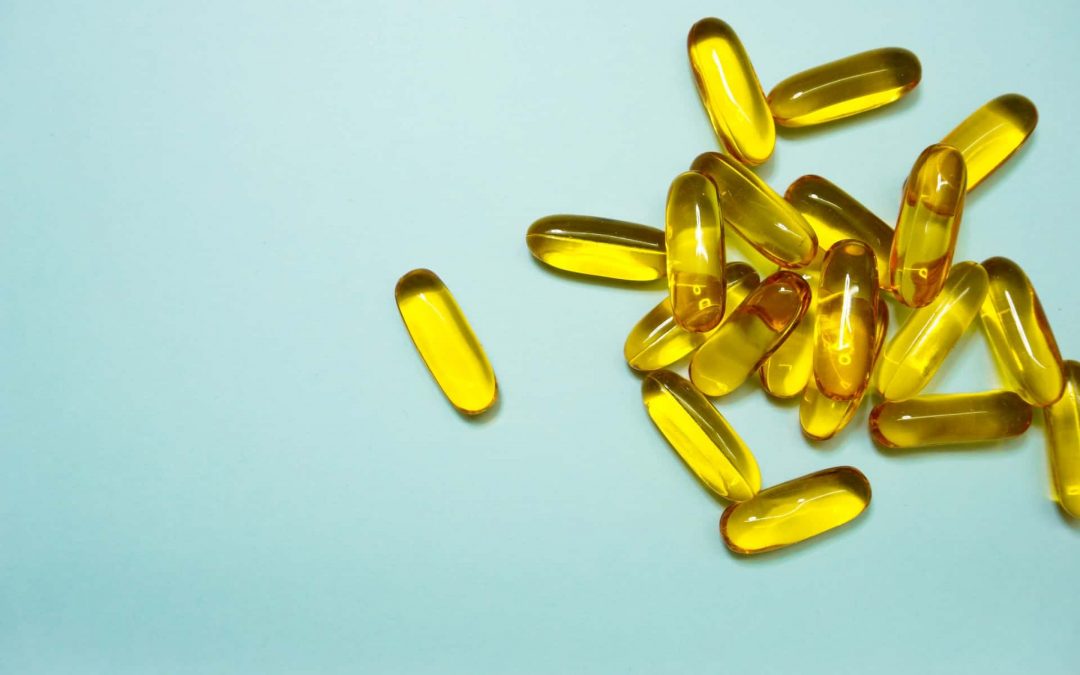
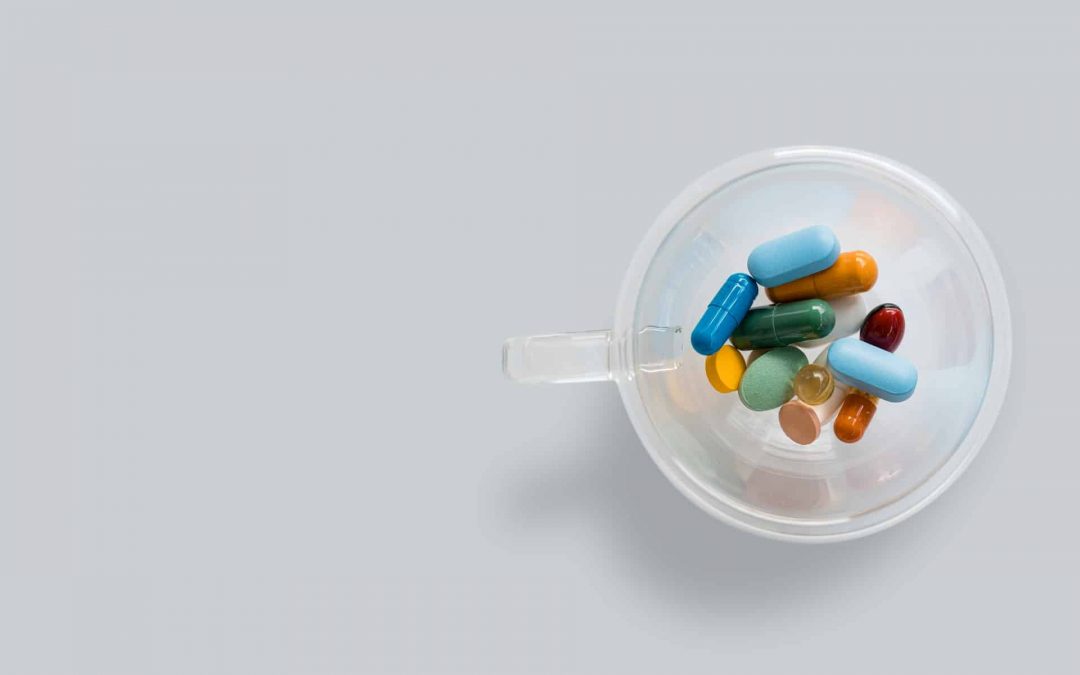

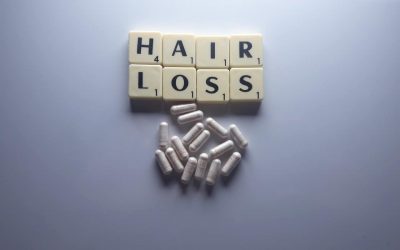
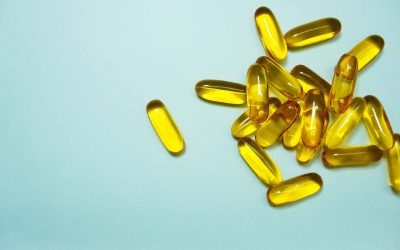
0 Comments